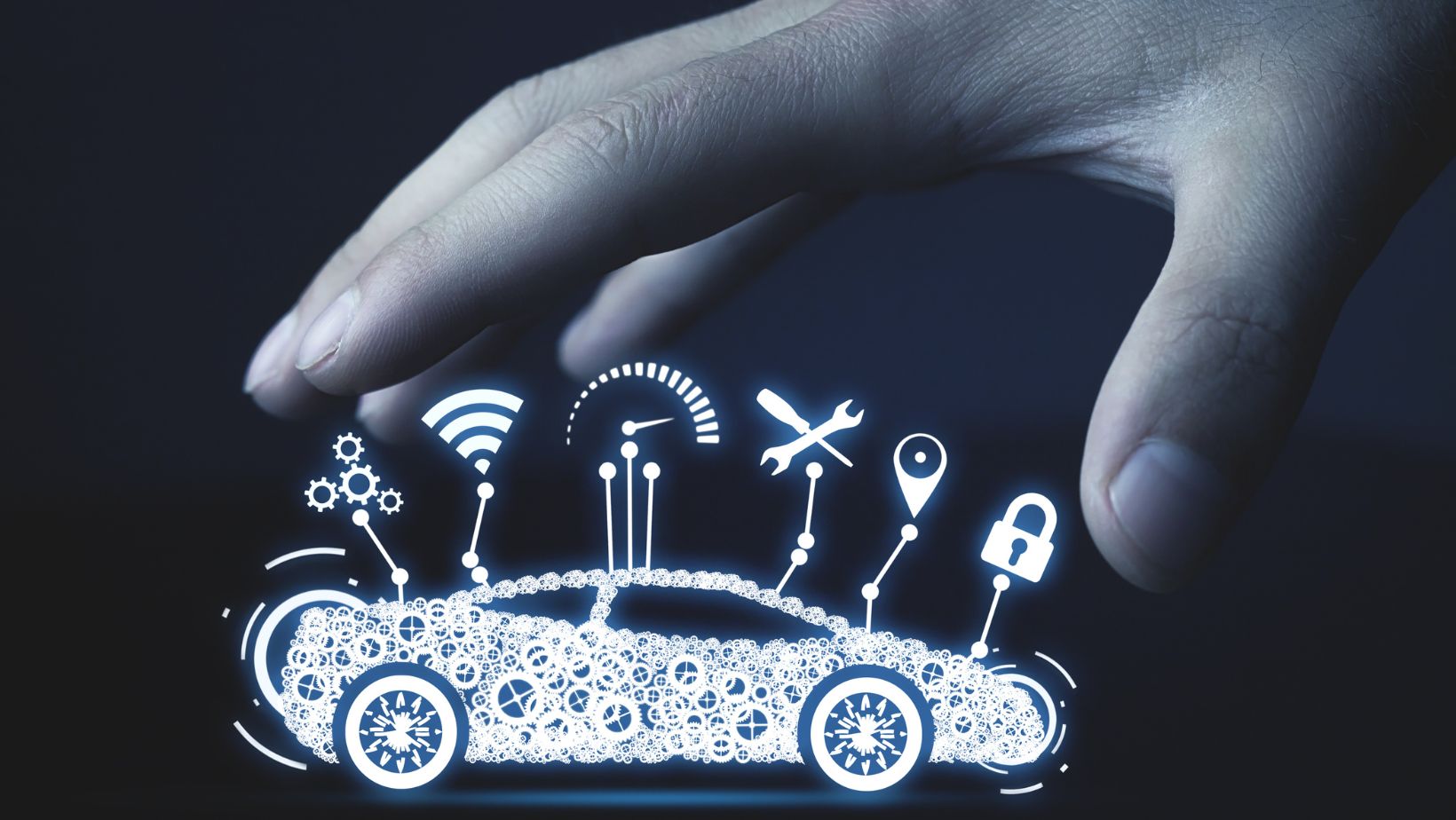Concerns not only about data protection but also about possible price dumping.
GPS, cameras, microphones, and sensors: modern cars collect a wealth of data about passengers and their surroundings. Last year, the non-profit organization Mozilla Foundation named cars the worst product category it has ever tested regarding data protection. Not only is information sold on, but the systems are also susceptible to unauthorized access and can, therefore, be hacked. The cameras that make parking easier could become surveillance cameras controlled by third parties without the owner’s knowledge.
According to a report by Bloomberg, the U.S. government now wants to regulate the import of these “smart cars” more strictly. It is targeting Chinese-made vehicles and components in particular. This would mean that the USA would put several obstacles in the way of manufacturers from the People’s Republic. According to Bloomberg, the current import tariffs, which impose strict limits on the import of Chinese cars, are unlikely to act as a deterrent for much longer. Lower production costs would then pose a threat to U.S. vehicle manufacturers. In addition, Chinese producers could benefit from subsidies through their factories in North America (USA, Canada, Mexico), as provided for in the U.S. Inflation Reduction Act. This is continuously being adapted to exclude so-called “foreign entities of concern” from subsidies.
Photo: Andranik Hakobyan via Canva


